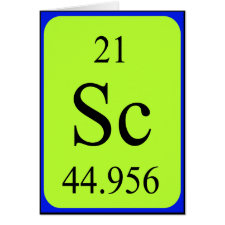
Authors: Bukhari AAH, Monier M, Elsayed NH
Article Title: Surface molecular imprinting of nylon fibers for chiral recognition of d-phenyllactic acid.
Publication date: 2019
Journal: Polymer International
Volume: 68
Issue: (8)
Page numbers: 1460-1467.
DOI: https://doi.org/10.1002/pi.5850
Abstract: In the current work, synthetic polyamide nylon fibers were modified via the strategy of surface molecular imprinting to develop enantio-selective adsorbent fabrics for chiral recognition of d-phenyllactic acid (d-PhLA). The nylon fibers were first modified by grafting of polyacrylamide and then the incorporated amide groups were converted into functional amino groups via treatment with NaOCl (Hofmann degradation). The amino-functionalized nylon fibers (Ny-NH2) were interacted with the targeted d-PhLA enantiomer before crosslinking the amino-containing grafted chains with glutaraldehyde crosslinker followed by leashing the template d-PhLA out of the formed surface polymeric matrix by lowering the pH to 1 to finally produce the desired enantio-selective adsorbent fibers DP-Ny. Different instrumental methods such as elemental analysis, Fourier transform infrared spectroscopy, XRD and TGA were employed to examine all the synthetic procedures. SEM was also utilized to observe the morphological appearances of both native and modified nylon fibers. Moreover, the optimum extraction of d-PhLA was found to occur at pH 7. Isotherm studies of the prepared DP-Ny fibers obeyed the common Langmuir linear equation with qm values 130 ± 2 and 75 ± 1 mg g-1 in the case of d-PhLA and l-PhLA, respectively. Furthermore, the enantiomeric resolution of (±)-PhLA racemate was successfully carried out by a column technique with enantiomeric excess reaching approximately 78%. © 2019 Society of Chemical Industry
Template and target information: d-phenylacetic acid, d-PhLA
Author keywords: molecular imprinting, phenyllactic acid, Nylon, adsorption



Join the Society for Molecular Imprinting

New items RSS feed
Sign-up for e-mail updates:
Choose between receiving an occasional newsletter or more frequent e-mail alerts.
Click here to go to the sign-up page.
Is your name elemental or peptidic? Enter your name and find out by clicking either of the buttons below!
Other products you may like:
 MIPdatabase
MIPdatabase









